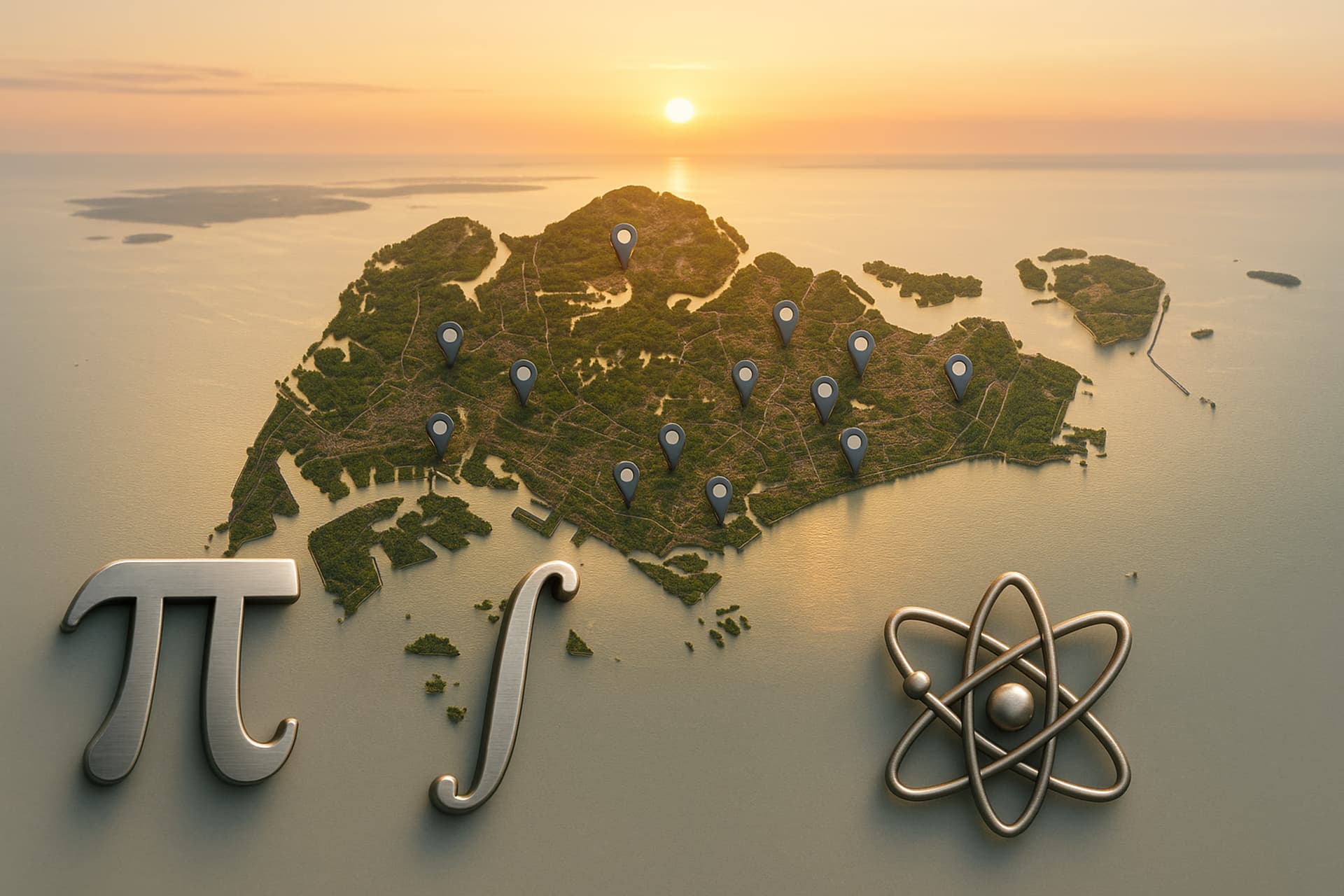Differences between IP Science VS Express Science
17 Jan 2025, 16:00 Z
Planning a revision session? Use our study places near me map to find libraries, community study rooms, and late-night spots.
Q: What does Differences between IP Science VS Express Science cover?
A: Differences between IP Science VS Express Science outlines key points and next steps for students and families.
- IP schools can stretch Science earlier than the O-Level route, blending pure Physics, Chemistry, or Biology topics across Sec 1–4 instead of waiting for upper secondary.
- Assessments lean on explanation and evaluation, so questions may feel “out of syllabus” unless students can infer, justify, and apply concepts to new contexts.
- Students who rely on memorisation alone often miss the prompts and reasoning steps IP papers expect.
What mainstream science covers
- Lower-secondary Express/Normal Academic Science follows MOE’s 2021 syllabus built around the themes of Diversity, Models, Systems, Interactions, and Energy, with an emphasis on scientific inquiry, data handling, and application of concepts.
- Upper-secondary Express students prepare for subject-specific O-Level syllabuses (Pure or Combined Physics/Chemistry/Biology) that deepen measurement, experimental skills, and core conceptual strands for each discipline.
Source: MOE 2021 Science (Lower Secondary Express/Normal (Academic)) Syllabus.
Need the latest N(A)/N(T) results release summary and progression options? See https://eclatinstitute.sg/blog/2025-GCE-NA-NT-Results-Release.
How IP schools diverge
MOE’s Integrated Programme (IP) is a six-year route to the A-Level, IB Diploma, or NUS High School Diploma without taking O-Levels in Secondary 4. Because schools design their own progression, each IP science track is school-specific and often:
- Starts pure Physics, Chemistry, or Biology earlier, weaving in upper-secondary ideas (e.g., stoichiometry, kinematics, or energy transfers) during the lower-secondary years.
- Uses inference- and evaluation-heavy questions that require explanation and justification rather than recall.
- Expects mathematical treatment earlier (vector addition, rate-of-change graphs, uncertainty analysis) to bridge into A-Level/IB expectations.
- Publishes topic plans, assessment weightings, and sample papers on the school website—check those first before assuming coverage or difficulty.
Source: MOE Integrated Programme overview.
Example of a conceptual question





